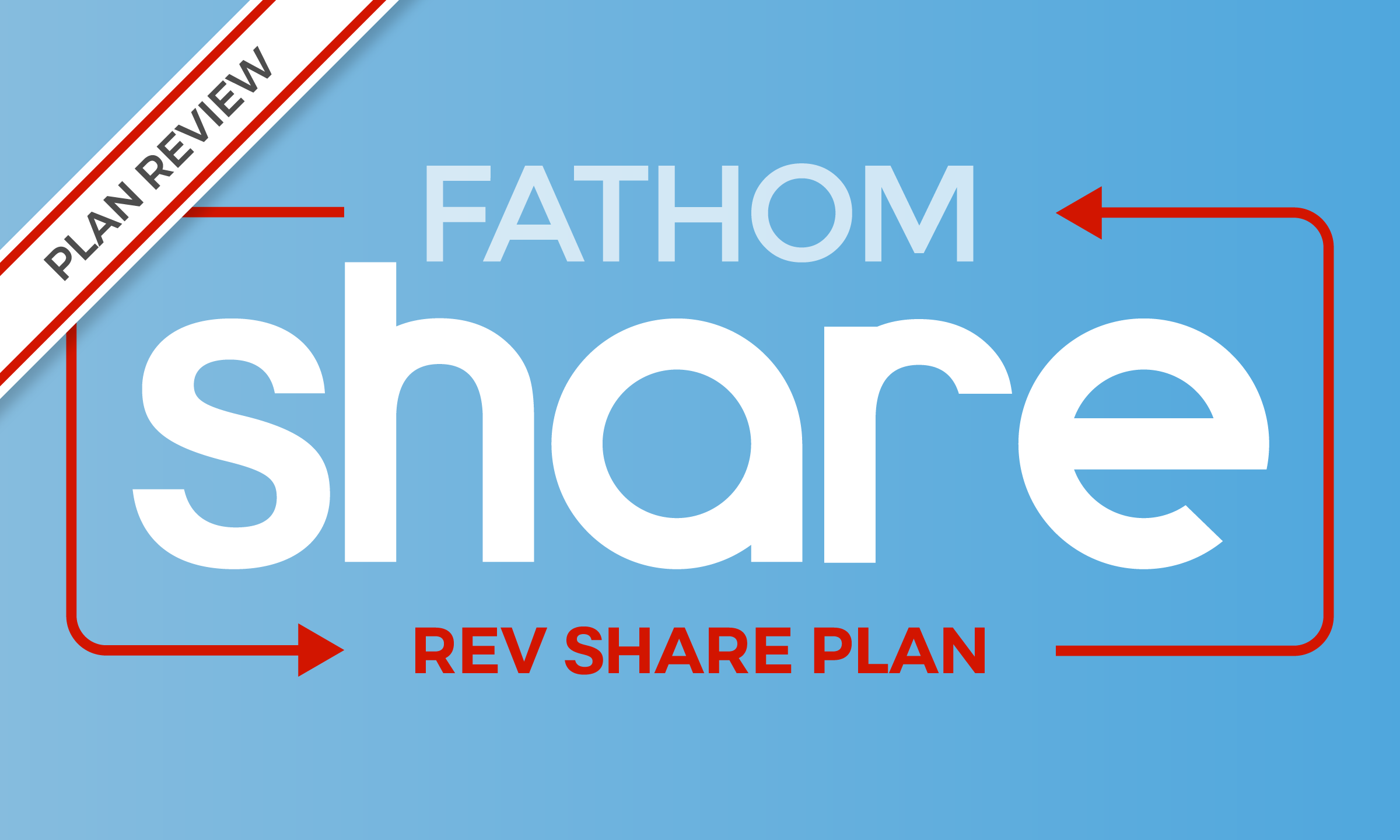Building and leading a high performing real estate team is about more than just hiring the right people… although that is really, REALLY important. It’s about building a culture where everyone feels valued and motivated. Here are some tips I’ve learned on how to recruit, train, and manage a top-notch team.
Recruiting: Finding the Right Fit
Recruiting the right people is the foundation of a great team. Look for agents who not only have skills but also fit well with your team culture. In the beginning, it is easy to want to hiring everyone who raises their hand and wants to join your team, but resist the urge. You’ll thank me for it. And some of you have already made this mistake and are sitting there nodding their head in agreement.
Define your team’s values and mission early on. This helps you find people who share the same vision. I used to focus only on experience and sales numbers. Once, I hired a top performer expecting them to be a game-changer, but their competitive nature didn’t fit our team’s collaborative culture. This taught me to value cultural fit just as much as skills.
Training: Investing in Your Team’s Growth
Training isn’t a one-time event; it’s ongoing. New agents need thorough onboarding, and experienced agents benefit from continuous learning. Use workshops, webinars, script-practice sessions, and one-on-one coaching to keep everyone sharp.
I have a love-hate relationship with using role-playing in training, but I cannot stress the importance enough. It might seem old-fashioned, but it works. For example, practicing different buyer scenarios and scripts with a new agent who struggles at first will become confident and skilled.
Managing: Leading with Empathy and Vision
Good leadership means setting clear goals, giving feedback, and creating a positive environment. Lead with patience and empathy… sounds easy, but it is easier said than done. Understand your team members’ strengths and weaknesses. This helps in assigning roles that suit them best.
Early in my career, I managed everyone the same way, but it didn’t work well. I had an agent great at closing deals but bad at paperwork. Pairing them with an assistant allowed them focus on their strengths, boosting their productivity and the cost of the assistant was quickly overshadowed by the large increase in commissions.
Fostering a Collaborative Environment
A collaborative culture is key. Encourage open communication and make sure everyone feels heard. Hold regular meetings to keep everyone aligned and address issues quickly. Celebrate wins as a team, no matter how small, to build camaraderie and keep morale high.
When a new team member closed their first deal, we would celebrated with cupcakes from my favorite cupcakery (yes, that is a thing). This made them feel valued and motivated others to aim higher.
Leveraging Technology
Using technology can give your real estate team an edge. Take full advantage of your CRM to manage client relationships and their sphere of influence, as well as virtual tours and videos for showcasing properties. Training your team to use the technology that you make available to them can boost productivity in a big way.
During the pandemic, we switched to conducting more virtual tours and online meetings. Initially, there was resistance, but soon everyone adapted, and your team will adapt too. Lead by example and that will keep your agents open to new tools and new opportunities.
Providing Mentorship and Growth Opportunities
Mentorship is crucial for retaining talent. Pair new agents with another seasoned agent as a mentor if you cannot be that mentor. This will accelerate their learning. Offering growth opportunities like advanced training or leadership roles keeps team members engaged and motivated.
Many of our top agents started out as a rookie agent the year before. Through mentorship and increasing responsibilities, they grew their business and won high-producer awards. Watching their journey has been incredibly rewarding.
Conclusion
Building and leading a high-performing real estate team involves strategic recruitment, continuous training, and fostering a collaborative culture. By investing in your team’s growth and using the right tools, you can create a thriving environment. It’s not just about the numbers; it’s about building a team that supports each other and works towards shared goals. That is ultimately what will grow the numbers.
Leading a team is a journey filled with challenges and rewards. With the right approach, you can build a team that not only achieves success, but also enjoys the journey together. Fathom’s technology, team commission plans, and revenue share opportunities can go a long way to helping you growing the team of your dreams.




